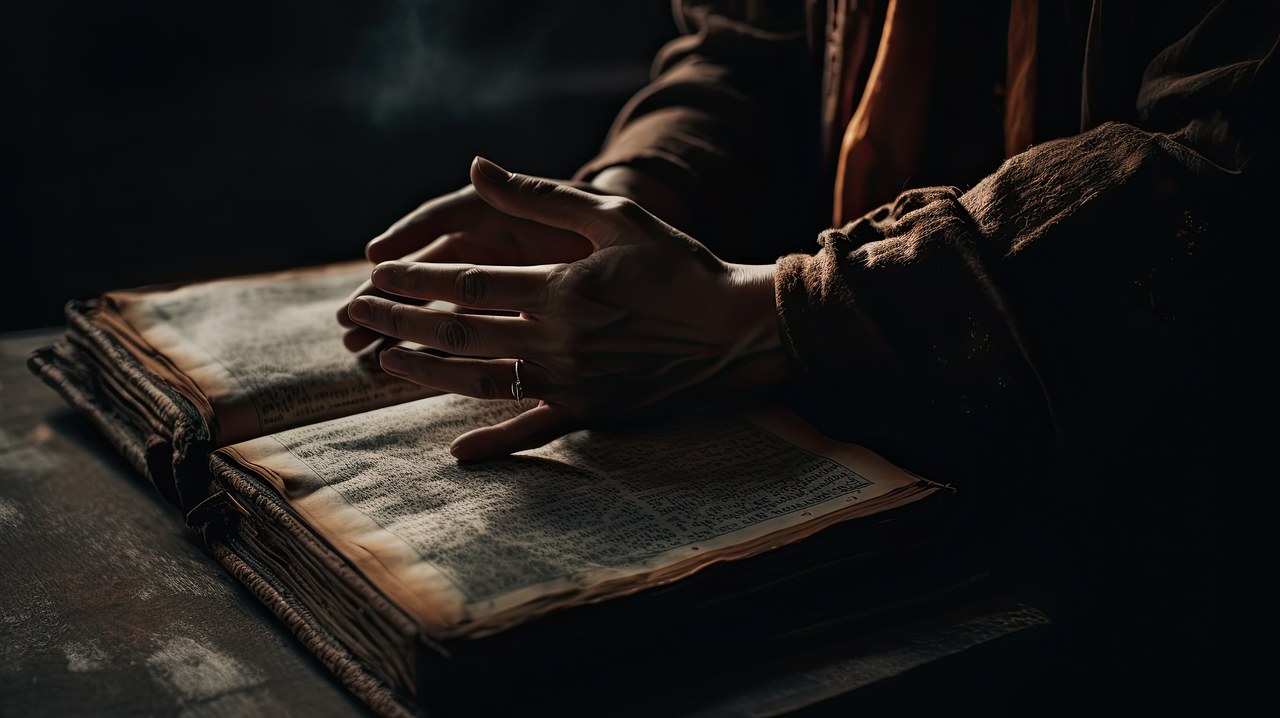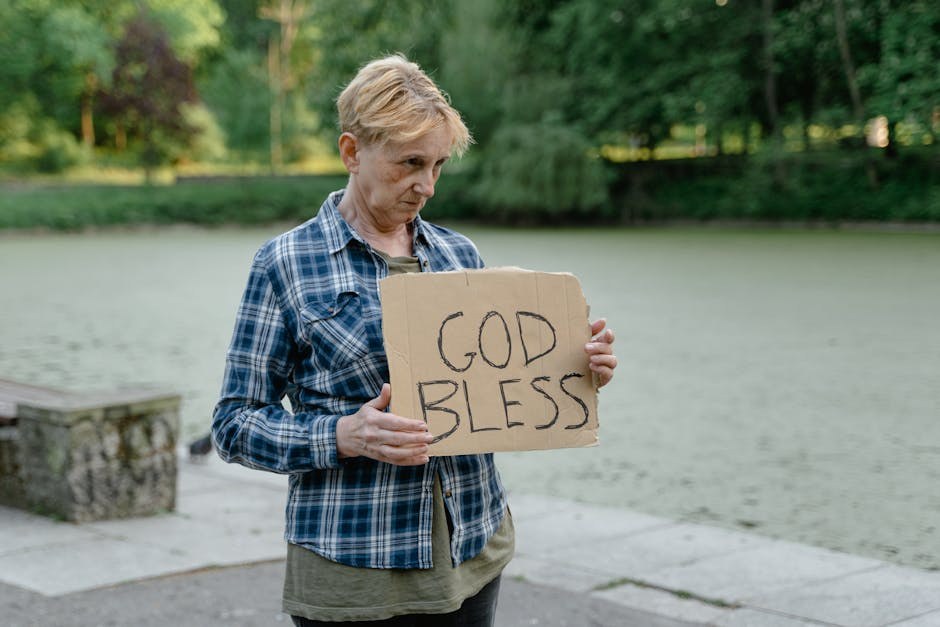New connections can feel electric – a glance that lingers, a joke that lands just right, a text that makes your stomach flutter. That thrill is real, and it’s exactly why the early stages of dating can feel both effortless and bewildering. You’re learning who this person is while also noticing who you are around them. In that delicate space, curiosity and caution often dance together, and the choices you make now can shape what follows. This guide explores how to move through the early stages of dating with steadiness, clarity, and a sense of fun, so you can give a promising connection the oxygen it needs to grow.
Why Our Brains Make This Phase Feel So Intense
There’s a reason the early stages of dating can seem larger than life. Novelty gives your attention a jolt – everything is charged with meaning – and your mind starts stitching quick stories to fill in the blanks. That can help you spot possibility, yet it can also blur your view. Pausing long enough to notice what you’re feeling – excitement, nerves, hope, even a whisper of fear – lets you respond rather than react. In the early stages of dating, that difference often determines whether momentum builds naturally or burns out in a burst of mixed signals.
First impressions tend to get outsized billing. A great laugh, warm eye contact, or a shared reference can feel like fate. Give yourself permission to enjoy that spark and still leave room for discovery – people are layered, and the early stages of dating are for peeling back those layers slowly. When you treat impressions as invitations rather than verdicts, you create space for depth.

Chemistry, Butterflies, and Clear Judgment
Butterflies are part of the fun – they’re your body’s way of saying something new is happening. That fizz doesn’t need to be distrusted, but it does need a companion: perspective. In the early stages of dating, excitement can tilt your attention toward what you want to be true. Temper that tilt by noticing how you feel before, during, and after time together. Do you feel more centered or less? Do you leave conversations feeling heard? The early stages of dating ask you to gather small data points and let a pattern emerge.
Attachment Tendencies – and How They Show Up
We all lean in particular directions when intimacy grows close. Some of us relax easily, some reach for reassurance, some prefer more space. You don’t have to label yourself to benefit from awareness. If you tend to worry when texts slow down, you might draft a calm message and wait an hour before sending it. If you like distance at first, you might name that preference so it’s not mistaken for disinterest. The early stages of dating reward simple, honest disclosures – they lower the temperature and raise trust.
What to Expect When a Romance Is Just Beginning
Uncertainty is baked into the early stages of dating. Expect a little wobble – and plan for steadiness you can control, like how you communicate, how you listen, and how you hold boundaries. Below is a practical tour through common moments that surface early on and how to handle them with care.

Communication Finds Its Rhythm
Some pairs exchange messages all day; others trade a few thoughtful notes and save stories for in-person time. Both can work in the early stages of dating. Rather than measuring frequency alone, pay attention to reliability and tone. Do messages match what was discussed? Are plans followed through? When the tempo shifts – and it will – resist catastrophizing. The early stages of dating often move in waves, and steadiness grows when both people show up consistently rather than constantly.
Decoding First Date Settings
Coffee counters, neighborhood walks, low-key dinners – simple settings make it easier to notice character. Watch for generosity with service staff, the ability to share airtime, and curiosity that flows both ways. If the conversation gets monopolized or phones keep interrupting, that’s useful information. In the early stages of dating, how someone behaves in ordinary moments is more predictive than the highlight reel.
Physical Intimacy – Timing and Comfort
There is no universal timetable. What matters is mutual enthusiasm and clear consent. If you want to kiss, say so; if you’d rather wait, say that too. In the early stages of dating, comfort is a compass – it helps you gauge pace without turning the moment into a test. Check in with yourself during and after physical closeness: are you feeling connected, respected, and free to pause? If yes, you’re moving in a healthy direction.

Meeting Friends – Reading the Social Weather
Friends are a window into someone’s world. A relaxed introduction – a group trivia night, a casual brunch – can signal that your connection is becoming part of daily life. Warm banter, inclusive questions, and mutual curiosity are encouraging signs. If the energy feels tense or performative, note it without jumping to conclusions. The early stages of dating are for gathering impressions, not issuing verdicts.
Emotional Ups and Downs
It’s normal to toggle between giddy and unsure. You might replay a joke and wonder if it landed, or hesitate before sending a text. When your mind spirals, anchor in what you actually know: how you feel in their presence, whether actions align with words, how conflicts get handled. The early stages of dating reward gentle self-talk – you can hold hope and boundaries at the same time.
Choosing When to Define the Relationship
Exclusivity is a conversation, not a coronation. Look for clues: Are plans made in advance? Is there care for your schedule? Do you both show interest in each other’s worlds? When those signals are steady, initiate a simple talk: “I like where this is going – how are you feeling about keeping this between us and seeing where it leads?” In the early stages of dating, clarity is kind; it frees both people from guessing games.
Balancing Me, You, and Us
New romance can crowd the calendar. Protect time for friends, family, exercise, and rest. You can be excited and still keep your life intact – that balance makes connection richer. The early stages of dating aren’t a test of availability; they’re a chance to learn how to fit into one another’s rhythms without erasing what already matters.
Money Talk and the Past
Splitting a bill, picking venues, or bumping into an ex – these are ordinary, sometimes awkward moments. Name preferences early: “I’m comfortable alternating,” or “Let’s choose spots that work for both of our budgets.” If past relationships come up, keep the frame respectful and concise. In the early stages of dating, how you speak about the past says a lot about how you’ll handle the future.
Vulnerability – Sharing Without Oversharing
Let stories unfold like chapters. Early pages might include family traditions, favorite neighborhoods, or work you find meaningful. Save the heavier chapters for when trust has taken root. In the early stages of dating, small disclosures that are met with care build a bridge – you can cross it later with more weight.
Social Media – Public or Private?
Not everyone wants to post a new connection right away. Ask rather than assume: “I liked our photo – are you comfortable if I share it?” Aligning expectations here prevents accidental pressure. The early stages of dating thrive on privacy that feels intentional, not secretive – a distinction that keeps outside commentary from steering your pace.
Handling Disagreements
Misunderstandings happen: a missed call, a plan that falls through, a joke heard the wrong way. Reach for clarity over blame. “When the plan changed without a heads-up, I felt brushed aside – can we try checking in sooner?” In the early stages of dating, the way you repair is more important than what went wrong. Repair says: we can face friction and still choose each other.
Do’s That Keep Early Connection Strong
-
Be Authentic – Without Performing
Say what you actually believe, even when it’s simple: “I haven’t seen that show,” or “I’m more of a morning person.” Honesty is a quiet magnet. In the early stages of dating, small truths accumulate – they make it easier to relax and be known.
-
Share Gradually – Leave Room for Discovery
You don’t need to open every drawer on day one. Offer stories that invite follow-ups. Mystery here isn’t manipulation – it’s pacing. The early stages of dating favor steady openness that grows with trust.
-
Prioritize Fun – Let Laughter Lead
Playful moments build glue. Try a neighborhood market, a board game, or a walk where you trade music recommendations. When joy shows up early, it teaches you both that the connection can hold lightness – a gift in the early stages of dating.
-
Set Boundaries Clearly
Boundaries aren’t walls; they’re routes. “Weeknights are busy for me, Sunday afternoons are free.” “I prefer to check my phone after dinner.” These signals protect your well-being and help the other person succeed with you. The early stages of dating run smoother when limits are explicit.
-
Keep Your Life in View
Stay present to the routines and relationships that make you, you. Your calendar is a map of your values – let it reflect more than romance. In the early stages of dating, a full life makes you a better partner and a clearer chooser.
Don’ts That Prevent Unnecessary Detours
-
Don’t Overcommit Too Soon
Planning far-off holidays or merging schedules in week two can create pressure. Let the connection earn its milestones. The early stages of dating benefit from patience – commitment feels better when it grows from reality, not fantasy.
-
Don’t Play Games
Delaying replies to seem scarce or pretending indifference dulls momentum. Aim for warm, timely messages that match your interest. In the early stages of dating, sincerity outperforms strategy every time.
-
Don’t Crowd the Other Person
Excitement can morph into intensity that overwhelms. Leave room for their routine and your own. Space is not a threat – it’s an ingredient. The early stages of dating flourish when both people can breathe.
-
Don’t Rush Inner-Circle Introductions
Meeting family or closest friends is meaningful; let timing reflect that meaning. If either of you feels hurried, slow down. The early stages of dating are about building a base – invitations land better when the ground is steady.
-
Don’t Overanalyze Every Signal
Not every pause hides a message. When in doubt, ask a simple question rather than decoding a silence. The early stages of dating reward directness – it turns puzzles into conversations.
-
Don’t Ignore Red Flags
Disrespect, chronic unreliability, unkind talk about others – notice patterns. Curiosity deserves company with discernment. In the early stages of dating, listening to your gut is an act of self-respect.
Practical Scripts for Tricky Moments
Words are tools. Having a few ready-to-use lines can lower anxiety and smooth awkward edges – especially in the early stages of dating when clarity is gold.
For pace: “I’m enjoying this and want to keep a comfortable speed – how does that sound?”
For plans: “I can do Thursday or Sunday afternoon – what works for you?”
For boundaries: “I like to unplug after 9 – I’ll reply in the morning.”
For interest: “I had a great time. I’d like to see you again.”
For missteps: “I missed your call – thanks for understanding. Next time I’ll give a heads-up.”
Simple phrases like these keep the energy collaborative. The early stages of dating are not an audition you must ace – they’re a conversation you get to shape.
How to Read Actions – Not Just Words
Consistency is the clearest signal of interest. Does this person follow through, apologize when they miss, and adjust going forward? If yes, you can relax into exploring. If not, you can opt out with kindness. The early stages of dating are prime time for pattern-spotting – not to score someone, but to learn if your values fit.
Balancing Hope and Standards
You can want the best and still make room for human moments. Standards are not a checklist – they’re a reflection of what helps you thrive. Hold onto them while leaving space for another person’s distinct style. In the early stages of dating, compatibility looks like alignment on the big things and curiosity about the small differences.
Pacing Intimacy with Presence
Whether intimacy is emotional, intellectual, or physical, let presence be your metronome. If you’re distracted, say so and slow down. If you feel rushed, name that and reset. The early stages of dating become safer and sweeter when both people can call time-outs without penalty.
Making Decisions Without Drama
Not every connection needs to last – and that’s okay. If your time together reveals mismatch, close things respectfully. You can say, “I appreciate meeting you; I’m not feeling the long-term fit.” The early stages of dating are about learning; learning sometimes says, “thanks and goodbye.” Ending gracefully is also a form of care.
When You’re Ready to Talk Exclusivity
Look for three anchors: reliability, reciprocity, and ease. Reliability means plans and promises line up. Reciprocity means effort moves in both directions – initiating, planning, listening. Ease doesn’t mean absence of conflict; it means repair comes quickly. When these show up consistently in the early stages of dating, you have a healthy runway for the “what are we?” conversation.
Keeping Perspective During the Excitement
A bright beginning can tempt you to forecast far ahead. Bring yourself back to what’s true today: how you show up, how they show up, and whether the connection leaves both of you more alive and more at peace. The early stages of dating invite you to savor now – the walk after dinner, the shared playlist, the joke that becomes an inside reference – without mortgaging the moment to predictions.
Every Relationship Has Its Own Shape
There isn’t a single script to follow, and that’s a relief. Some stories unfold quickly; others take the scenic route. What matters is mutual care, honest signals, and a pace that respects both people. If you remember nothing else, remember this: the early stages of dating are not a test you pass, but a landscape you explore. Choose curiosity over certainty, kindness over performance, and steadiness over spectacle. The right connection will meet you there – step for step, laugh for laugh, truth for truth – and grow because you moved through the early stages of dating with heart and intention.